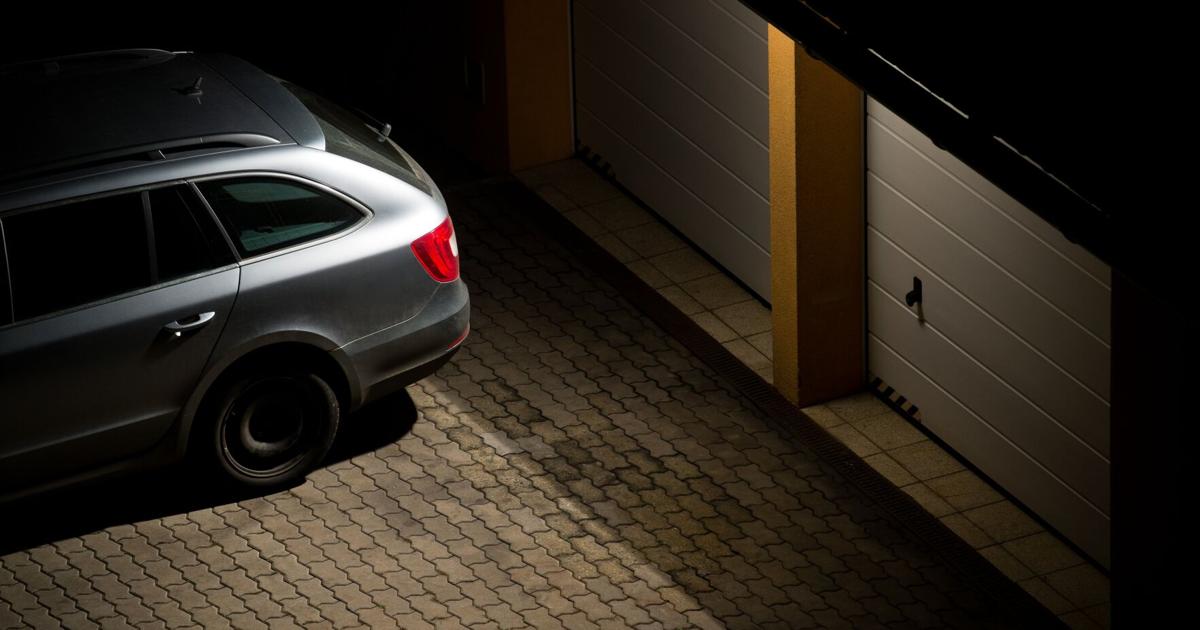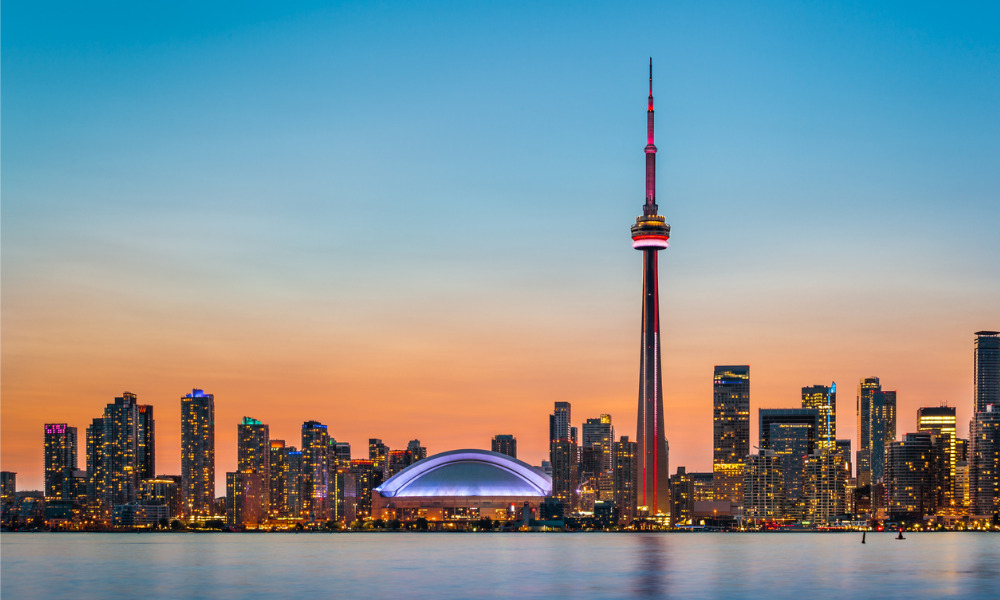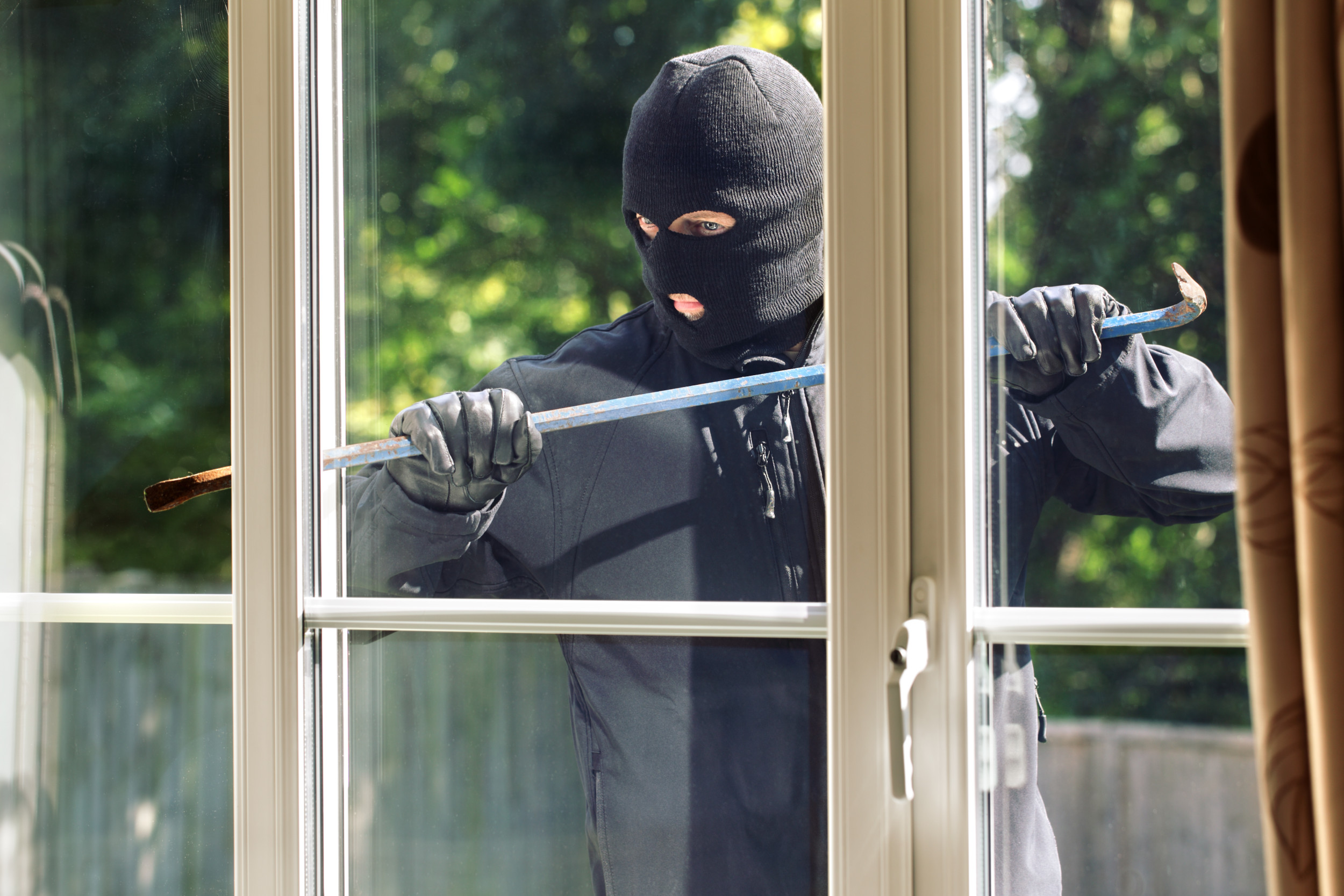Saw this regarding crime in Canada.
Obviously, certain neighbourhoods within a city are likely more "troubled" than others.
"Per 100,000" per capita would be the census population. Not its business day, special event, visitor etc. population.
As a result, there are always more people requiring 9-1-1 response than indicated by the residential census.
Which cities see the lowest crime rates?

www.insurancebusinessmag.com
Here are the top 10 most dangerous cities in Canada, according to the study:
- Lethbridge, Alberta (1,190 offences per 100,000)
- Regina, Saskatchewan (1,113.5 offences per 100,000)
- Moncton, New Brunswick (1,085.3 offences per 100,000)
- Saskatoon, Saskatchewan (1,043.1 offences per 100,000)
- Winnipeg, Manitoba (1,040.7 offences per 100,000 )
- Kelowna, BC (1,007 offences per 100,000)
- Abbotsford-Mission, BC (818.4 offences per 100,000)
- Greater Sudbury, Ontario (779 offences per 100,000)
- Thunder Bay, Ontario (775.2 offences per 100,000)
- Edmonton, Alberta (757.9 offences per 100,000)
Here are the top 10 safest cities in Canada, according to the study:
- Toronto, Ontario (286.9 offences per 100,000 )
- Quebec City, Quebec (301 offences per 100,000 )
- Ottawa-Gatineau, Quebec (318.8 offences per 100,000 )
- Sherbrooke, Quebec (327.4 offences per 100,000 )
- Ottawa-Gatineau, Ontario (333.9 offences per 100,000 )
- Montreal, Quebec (356.7 offences per 100,000 )
- Barrie, Ontario (356.7 offences per 100,000 )
- Trois-Rivières, Quebec (366.2 offences per 100,000 )
- Saguenay, Quebec (396.3 offences per 100,000 )
- Hamilton, Ontario (420.6 offences per 100,000 )





